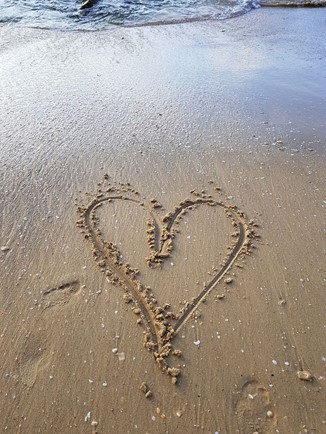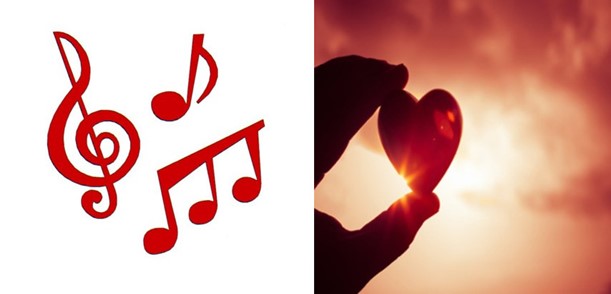
Extreme activists in Halifax succeeded in making the opening of the Tennis David Cup take place behind closed doors (https://tinyurl.com/umkvtyj9). As a result, and sadly, Canada’s team did not have fans supporting it indoors when it played against the team of athletes from Israel.
Similarly, the Israeli tennis players are performing in our country under hostile circumstances. Unfortunately for them, they did not get to experience the hospitality and kindness of Maritimers, the true tennis lovers, because of a few anti-Israel activists who may not even care about this sport.
The same scenario took place miles away in Montreal where a group of extreme activists “urged the Mayor to exclude Israel cycling team from Grand Prix Cyclistes” (https://tinyurl.com/mrab57ps).
Behind the ocean, in the old continent, counties like Ireland and the Netherlands are stating that they will boycott Eurovision 2026 if Israel participates again (https://tinyurl.com/5n7js6nx).
How sad to see politics hijacking sports and musical events. Why are we penalizing artists and athletes because of the actions of their government? Plus, who told those activists and politicians that these specific singers and cyclists support the Hamas-Israel war?
Would/should we eventually exclude from international events countries like Syria (a former dictatorship or a current Islamist-leaning government), Qatar (playing all sides politically or maybe even involved in funding Islamists), Lebanon (for being the country of the Hezbollah that fought against some Syrians and against Israel)? What about Turkey, Armenia, Azerbaijan, Russia, Ukraine, Iran, etc.? What about Palestine now or in the future? What about this or that country? Where does all this stop? And why should it start in the first place?
Instead of the above, how about if we ONLY let musical notes speak in the Eurovision competition and athletic skills have the final say in sport events? Why can’t we be both professional and civilized with teams from all countries, including Israel? Why can’t artistic and sport international competitions serve as spaces for interactions, and dialogue, for peace?
Of note, Bambi is expressing this opinion even if Israel is currently re-occupying her birth country. Canada is VERY far from the Middle East in terms of geography. Why the extremism in activism then? Why do we let ourselves be controlled by activists, especially that the Halifax police, RCMP, and ICIS (Canadian secret services) stated that “they were not involved in Davis Cup decision” (https://tinyurl.com/746bck9k)?









